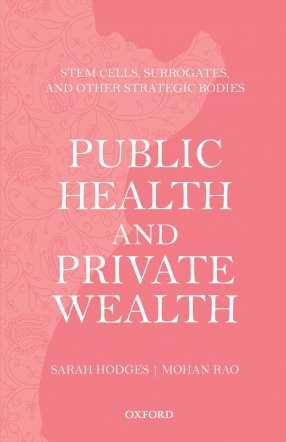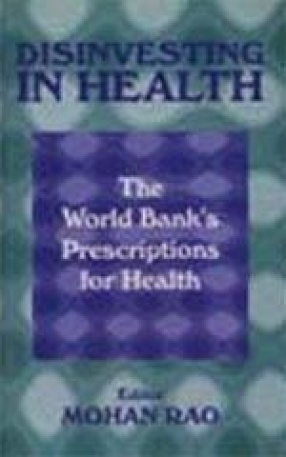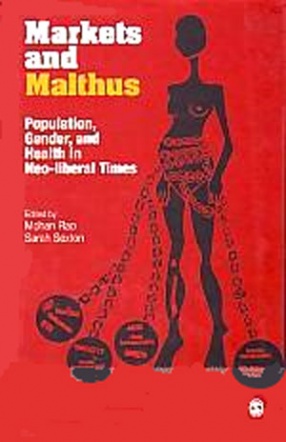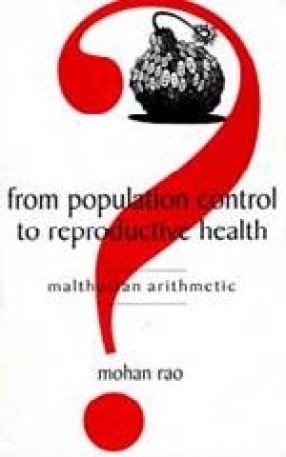
Showing all 5 books


Poverty whether as drain theory at the start of the twentieth century or through garibi hatao towards the end of those 100 years was the predominant economic, political, and social paradigm within which late colonial, nationalist and post-independence era science policy was constructed. Whether as critics of India’s poverty, or as architects of measures for its eradication, India’s commentators called on a broad framework of science both to diagnose ...



The International Conference on Population and Development (ICPD) at Cairo brought about a "paradigm shift" in the way population is conceptualized. This involves going beyond maternal health and family planning, to the broader framework of reproductive health and rights. How has India fared with the paradigm shift? Is this about population control by other means? Is it about the social roots of illness, disease and death among women? This revelatory ...

The Indian family planning programme, one of the largest public health initiatives in the world, has adopted various strategies since its inception …none, however, have yielded the desired results. What are the reasons for this? Why do large sections of the elite blame the population ‘explosion’ for all the social and economic problems that India faces? Answering these questions, the book critically evaluates the family planning programme in India, exposing ...
